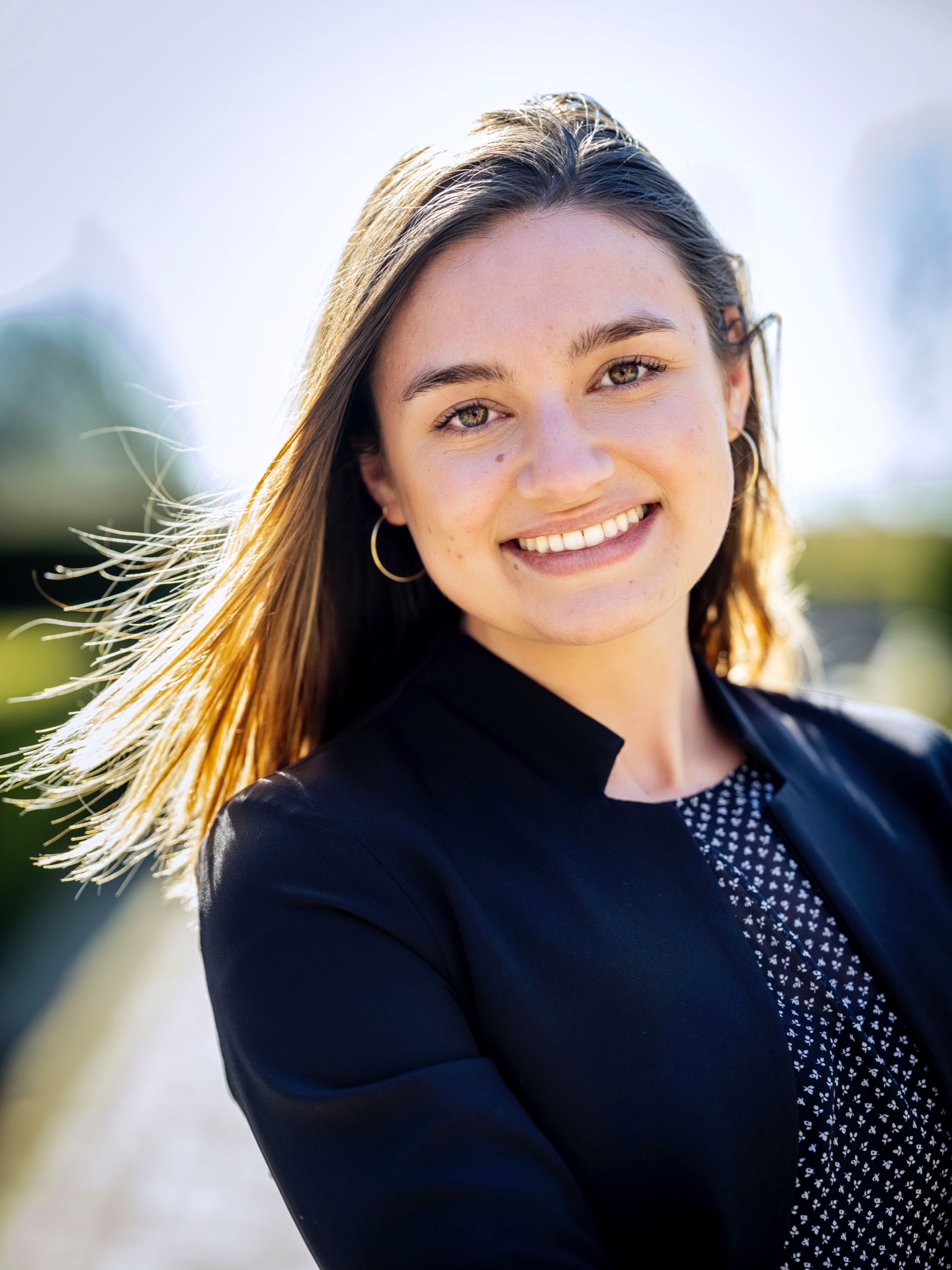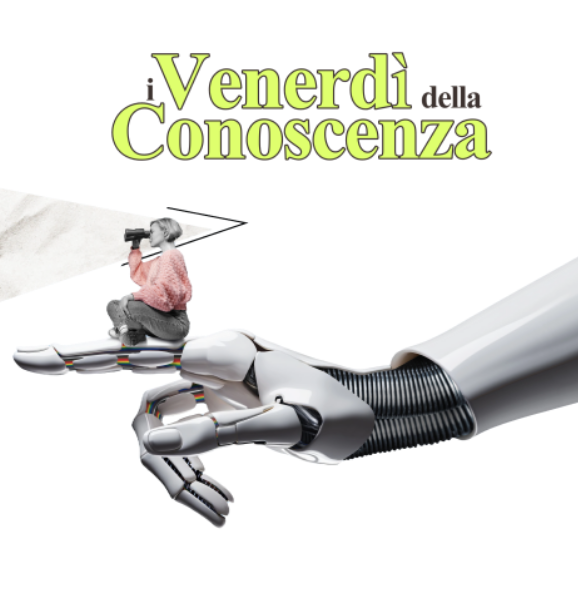In the small seaside township of Diano Marina, Liguria Region, Italy, the local community has been organising frequent meetings to help people overcome growing fears of an increasingly uncertain future. This initiative, called ‘Fridays of Knowledge’, aims to equip the local community with scientific tools and knowledge to understand the risks and implications of new technologies in a dialogue together with students, academics, and journalists. Communication Manager for Fridays of Knowledge, Damiana Biga, tells Futures4Europe how this initiative sparks debates across different generations and backgrounds, fostering a sense of shared responsibility and curiosity.

How does “Fridays of Knowledge” aim to bridge the perceived disconnect and uncertainty towards the future in local community discussions?
‘Fridays of Knowledge’ was created to engage the public by stimulating a reflection on the implications of global changes and trying to overcome the perception that the future is far removed from the local context. The topics use a scientific approach, stimulated by the curiosity of the participants and allowing the public to better anticipate and prepare for change. The methodologies used to achieve this aim include preliminary briefings with students, moderated debates with experts, and open discussion sessions with the audience. Some of the topics discussed are for example the impact of global warming; renewable energy solutions and sustainable development strategies; ethical, economic and societal effects of AI, robotics and automation on jobs and decision-making.
‘Fridays of Knowledge’ incorporates elements of strategic foresight to help participants anticipate and engage with future developments. It builds on methodologies commonly used in foresight exercises, such as identifying emerging trends, technologies, and societal changes that could impact the future. Furthermore, the inclusion of students, politicians and experts promotes a participatory approach, ensuring that multiple perspectives contribute to shaping a shared vision of the future.
Which strategies have been adopted to actively involve high school students in the project?
Before each meeting, students take part in preparatory briefings, which allow them to explore the topics in depth and formulate targeted questions. The conferences are opened by students themselves, who deliver presentations and readings, and activate the discussion. Furthermore, direct engagement with national and international experts and policymakers enables young people to gain awareness of future challenges and strategic foresight, making the experience even more engaging and educational. For example, some of the questions addressed revolve around the impact of artificial intelligence on job opportunities for young people and what skills should be developed in an increasingly automated world, or the challenges in making renewable energy sources more affordable and accessible to everyone.
To what extent has young participation influenced the topics that are treated during the meetings?
‘Fridays of Knowledge’ rely on a prestigious Scientific Committee that selects discussion topics based on public interest, with a specific focus on young people. Now in its third edition, the project has made it possible to evaluate which topics have been most appreciated by students and teachers in order to better tailor them to their context. The enthusiasm shown by students has led to a focus on current and relevant themes for their future, such as technological innovation and global challenges, climate change and sustainability, geopolitical and economic shifts, and health and biotechnology. Their active participation, with questions, made the debate more engaging, and the exchange with the teachers made it possible to adapt the content to better meet educational needs.
Which tangible results have emerged from the first three editions of “Fridays of Knowledge” in terms of awareness and community action?
Thanks to the active involvement of students, teachers and citizens — as well as authorities, cultural associations and journalists — there was a growing interest in global challenges and the implications of emerging technologies. Constant participation enabled a more structured dialogue between young people, experts and decision-makers. Students are now more aware of future opportunities and risks and have developed a critical and proactive approach to innovation. Additionally, the availability of live-streamed meetings and archived recordings has expanded knowledge dissemination and strengthened the connection between schools, research, and the local community.
How do you measure the impact of the project on the local community?
The steady involvement of students, teachers, and citizens from all over the province is monitored through in-person and streaming participation. With increased media (and social media) promotion and the exponential success of the project, the audience has more than doubled compared to the first edition of ‘Fridays of Knowledge’. Furthermore, the Scientific Committee analyses and measures interest in the topics based on the questions posed during debates and interactions with experts. The continuity of the project, the confirmation of regional sponsorship and the expansion of the network of schools and institutions involved represent other key indicators of success. The emergence of local initiatives inspired by the meetings also serves as concrete evidence of its impact on the community.
How does “Fridays of Knowledge” collaborate with other European initiatives to strengthen local dialogues?
A significant example of this enrichment is the connection with Eye of Europe. Some of the topics discussed at the Diano Marina meetings were anticipated or inspired by reflections that emerged in this European context. In addition, livestream meetings encourage wider participation, potentially beyond national borders. This synergy strengthens the community's role in the European debate on science, technology and the future.


